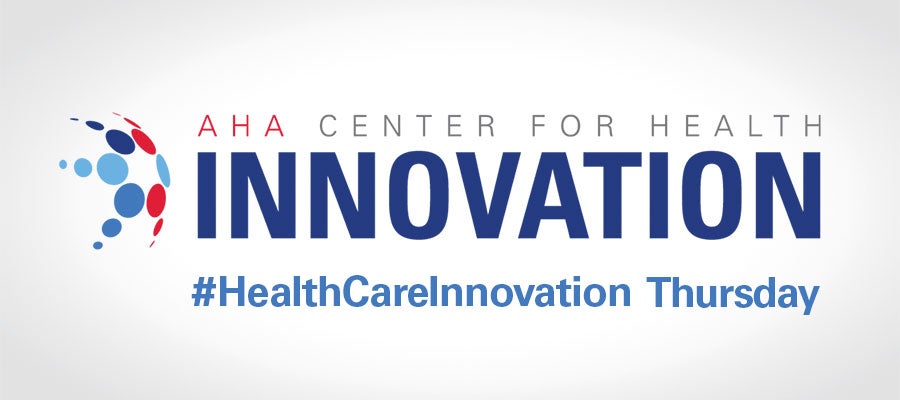5 pillars of transformative health care leadership


The health care system is undergoing unprecedented transformation. Volume matters less. Outcomes and value matter more. Where care is delivered isn’t dictated by the provider, but decided by the patient. Convenience is king. And cost is questioned. It’s a new health care environment.
Historically, hospital and health system leaders could follow a fairly dependable playbook to ensure success: provide high-quality care and maintain or grow patient volume through strong physician relationships (and a bit of marketing). However, in today’s uncertain and complex environment, these go-to strategies just aren’t enough.
"Leaders [must] let go of management practices that supported old models and embrace new leadership priorities that enable transformation."
Hospitals and health systems must be more agile and innovative. This requires leaders to let go of management practices that supported old models and embrace new leadership priorities that enable transformation.
So what characterizes the transformative health care leader? We at the AHA Center for Health Innovation have been exploring this question for the better part of a year with members representing all types of hospitals all across the country. While there’s no one formula for success in the future health care environment, we found that leaders who are likely to succeed at navigating the transition and leading beyond it share five key competencies:
- Navigate the new health care environment and competitive landscape. Identify, compete and/or partner with new market entrants and other disruptors. Understand their unique business models and the corresponding threats and opportunities for your organization.
- Expand innovation capacity. Develop and sustain a culture of innovation and calculated risk-taking. Support structures and techniques that sustain innovation within your organization.
- Effect positive organizational change. Communicate a compelling vision and proactively manage change to empower a resilient workforce.
- Drive digital transformation. Advocate for including the digital experience in the organization’s framework of overall patient experience.
- Lead the shift from health care to well care. Plan for the continued transition from fee-for-service to value, and lead the organization toward effectively managing risk. Guide the organization toward achieving broader population health and equity goals.
Leaders who exhibit these competencies and nurture them in others will lead us toward a reimagined health care delivery system — one where all communities and individuals reach their highest potential for health.
To support the field in this endeavor, we are pleased to announce the AHA Next Generation Leaders Fellowship program. This year-long, competitive program is designed to position high-potential individuals to lead health care organizations in the next decade and beyond.
Fellows have the opportunity to network and make professional connections both online and in-person with their peers, mentors and expert faculty. A mentor will be matched to a Fellow in order to provide personalized coaching and guidance throughout the program. Applications are currently being accepted. To learn more visit aha.org/nextgenfellowship.
Lindsey Dunn Burgstahler is vice president, programming and market intelligence, at the AHA Center for Health Innovation.
Follow our AHA weekly blogs and on social media with #HealthCareInnovation Thursday.

